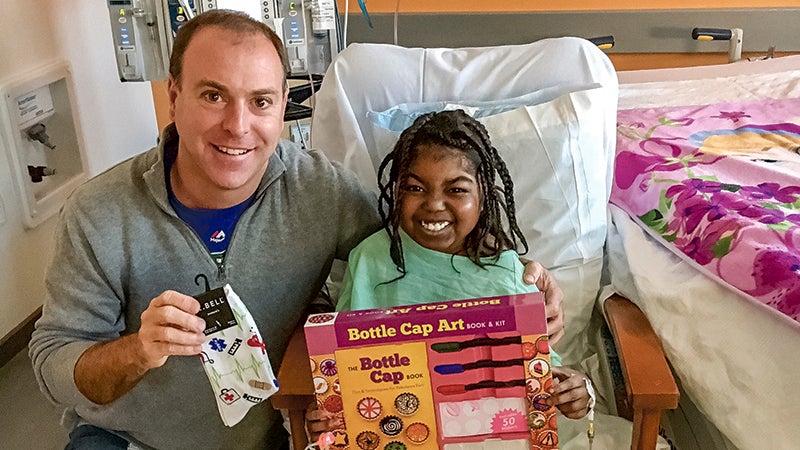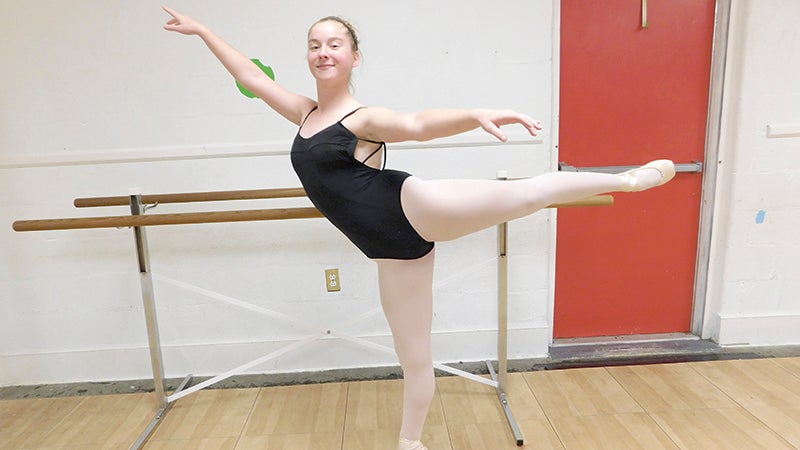Garden gets upgrade from Scouts
Published 8:15 pm Saturday, July 14, 2012

Kirk Ring, a 13-year-old student at Trinity Lutheran School in Newport News, helps construct a rainwater collection system at the Whaleyville Community Garden on Saturday as part of his Eagle Scout project.
The Whaleyville Community Garden got some capital improvements Saturday, led by an ambitious 13-year-old as his Eagle Scout project.
Kirk Ring and a band of other boys from Troop 1 descended upon the garden early in the morning along with regular volunteers who maintain the garden. The Scouts constructed a rainwater collection system and a sidewalk to make the garden handicap-accessible.
“I think it looks really well, and I can’t wait for it all to come together,” Kirk said during the group’s lunch break, when construction was still under way.
The Suffolk Partnership for a Healthy Community broke ground on the garden only three months ago. Since then, four different gardens have been planted, and they produced 35 pounds of fruits and vegetables in June alone for a needy family in the community.
The garden accomplishes a number of things, said Jaya Tiwari, executive director of the partnership. It provides a safe, healthy recreational opportunity for the community; provides for a needy family; teaches the value of gardening and eating local; provides volunteer opportunities and a sense of community, and more.
With the loss of Robertson Elementary School in Whaleyville, which has now been closed for a year, the community needed a focal point, volunteers said.
“When you take that focus away, people apply it somewhere else,” said Mary Ellen Matthews, who coordinates the Whaleyville garden. “I want this garden to inspire and be productive.”
The four separate gardens all have different themes. There is a children’s garden that features colorful vegetables and flowers to encourage children to garden; a kitchen garden that is tailored to the tastes of the family that receives produce; a general garden that grows corn, sweet potatoes, tomatoes and other goodies; and a wheelchair garden, which is in a raised container so people who use wheelchairs can care for it.
It was this last garden that inspired the need for a walkway, Tiwari said. It was constructed with wheels and a handle so it could be moved to where the sidewalk at the Whaleyville Community Center ends, but now that won’t be necessary.
“One lady said she needed a path,” Kirk said. “We decided we could also do a rainwater collection system.”
The slanted metal roof on raised poles will funnel rainwater into rain barrels, where it can be stored to irrigate the garden between rains.
The garden also has compost bins where anyone can contribute by bringing their scraps and clippings. There are no pesticides or herbicides used in the garden — volunteers use natural methods like marigolds, basil and old-fashioned hard work to keep the bugs and weeds at bay.
Matthews said she hopes the garden can inspire those who benefit from it to start their own gardens to provide for their families and create a local food source.
“At any age, any moment, any of us can do this,” Matthews said. “The only way I know my vegetables are good is when I see them grown.”





